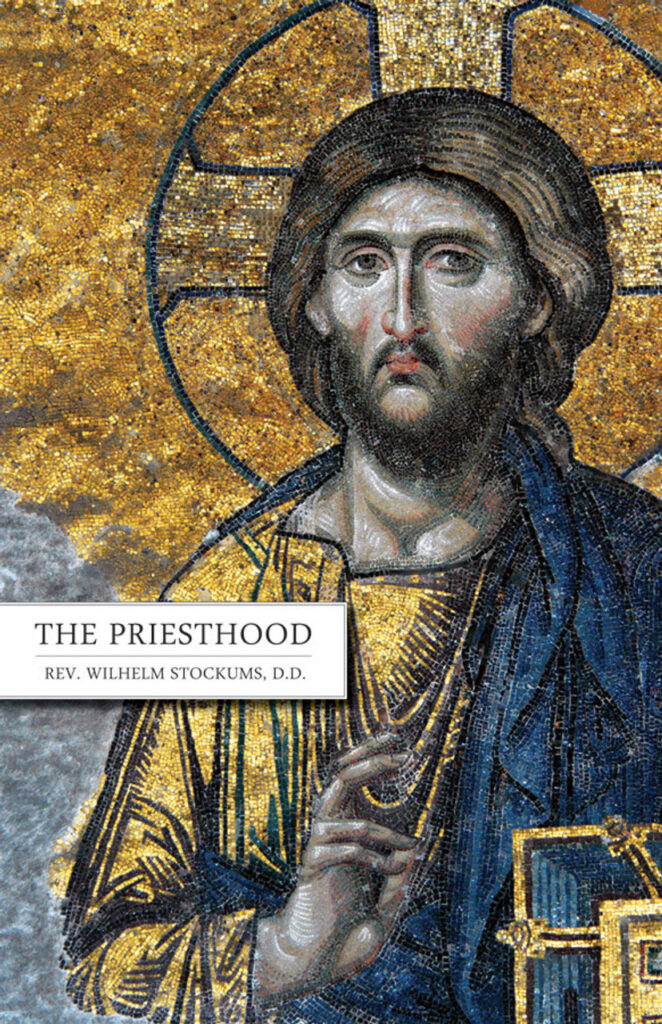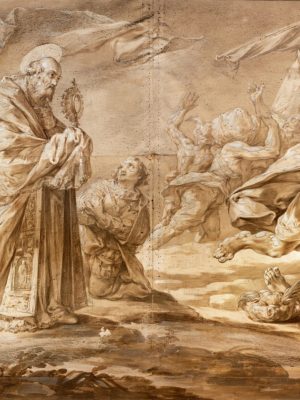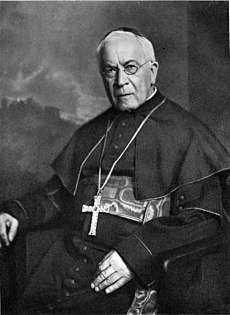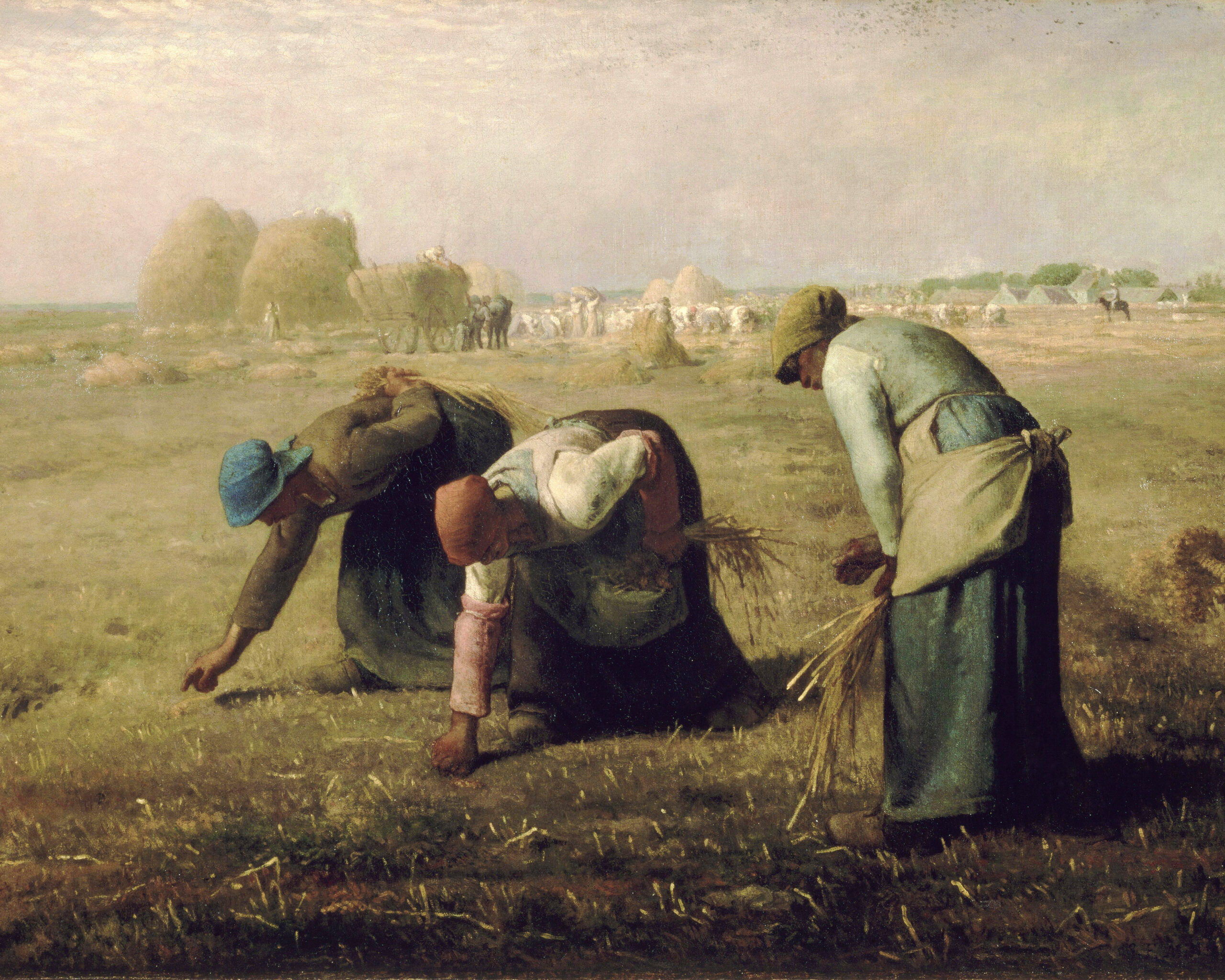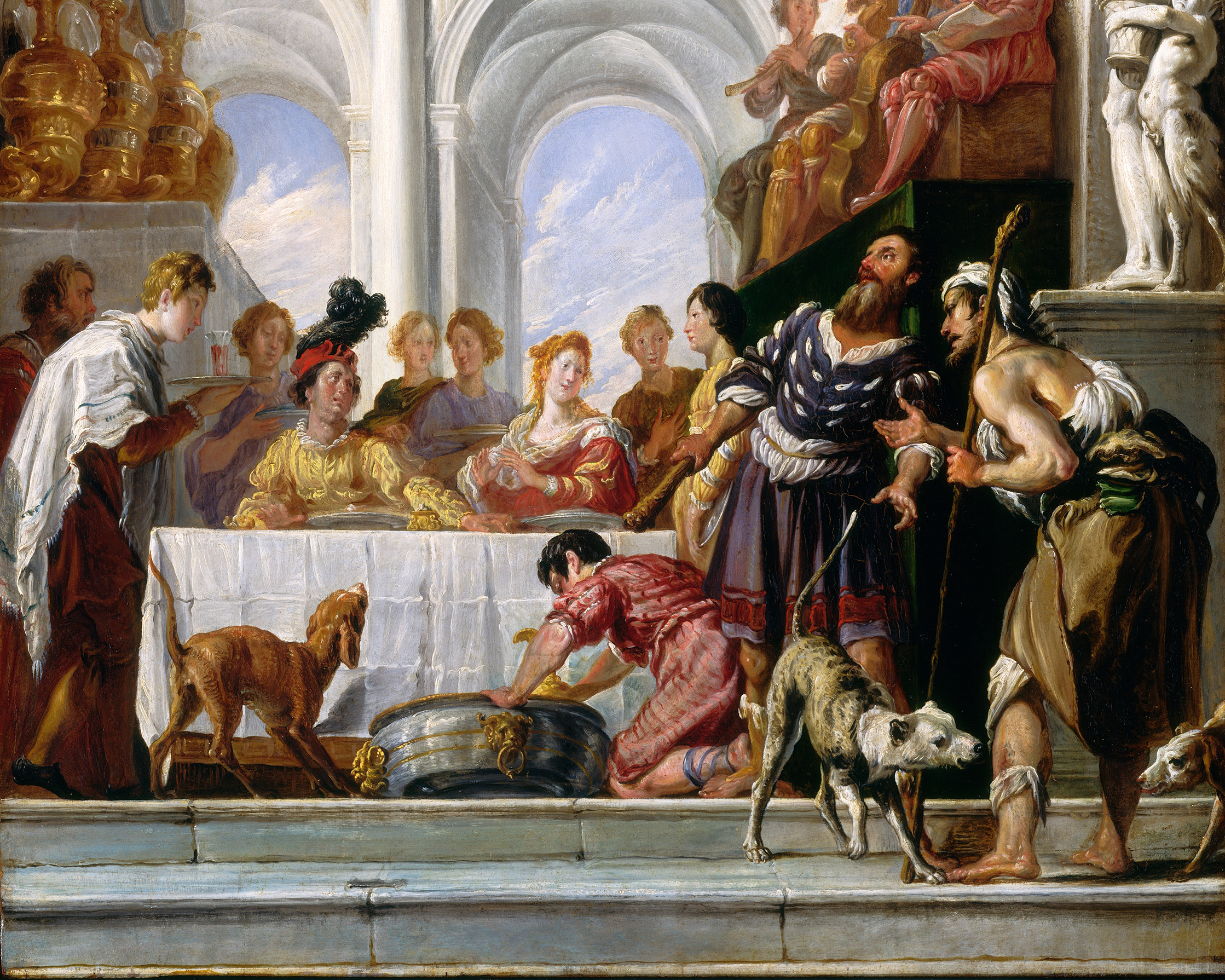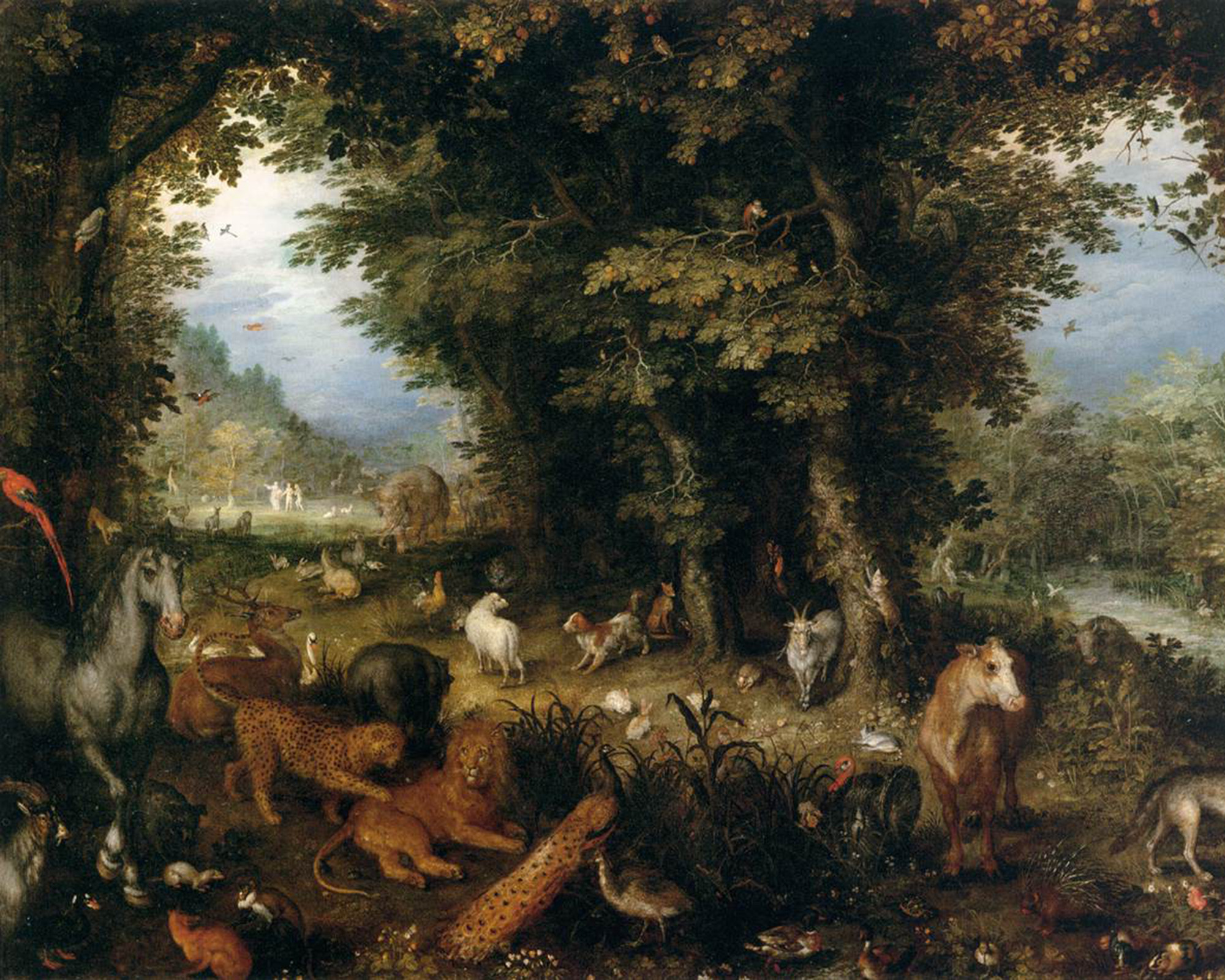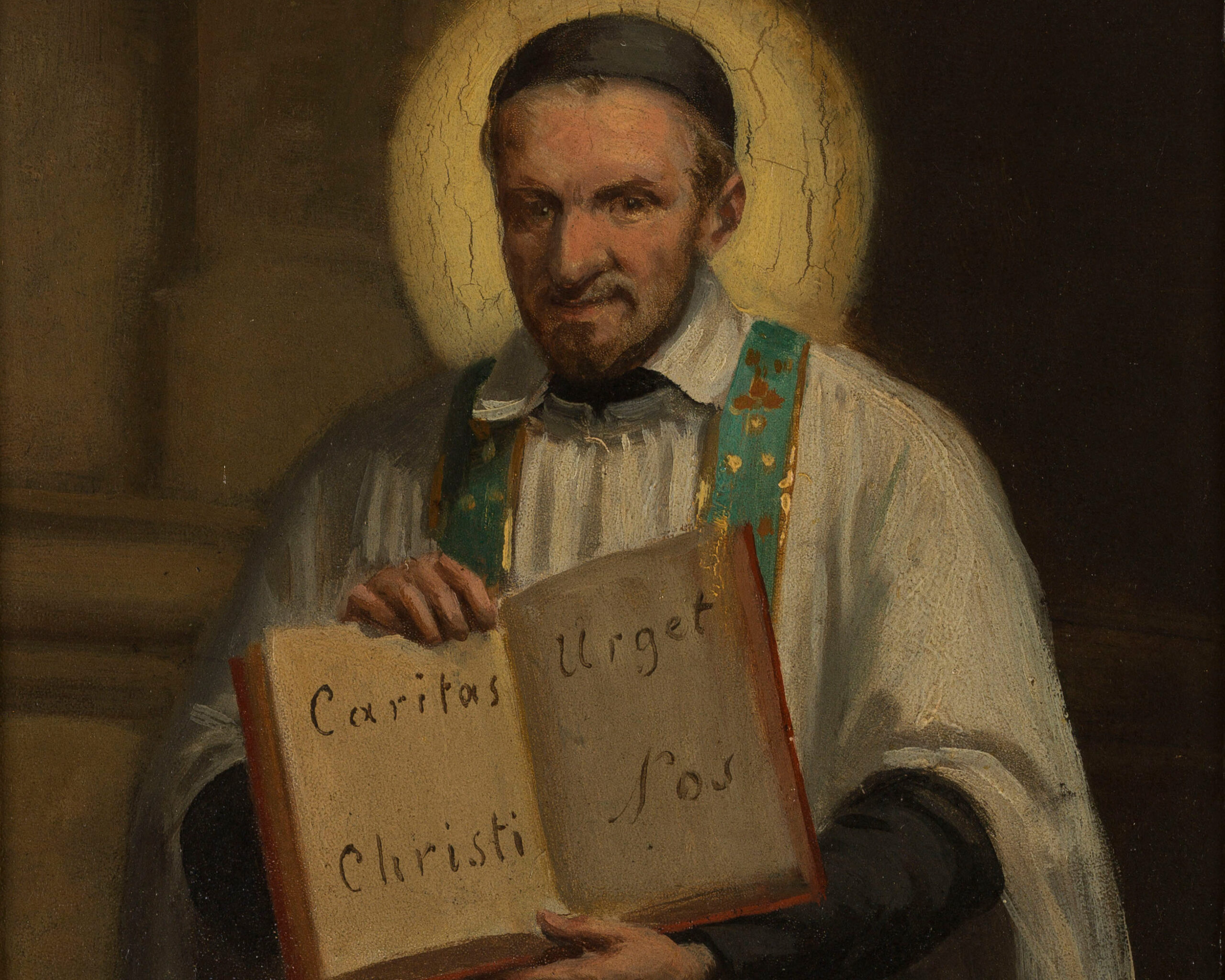Something very profound remains to be said of the priest. In view of the lofty and holy vocational tasks that a priest must discharge, the question spontaneously suggests itself: How can the priest, who after all is only a man, be equal to such tasks and such goals?
We can recognize that this question refers not merely to the supernatural equipment which every priest receives in ordination, but directly to the essence of his priestly character, to that element in the make-up of a priest that we have already called his mystical similarity, his essential analogy with Christ.
The same question arose with regard to our Lord. By what title and by what power was He able to do those works that aroused the amazement of the onlookers? What was at the root of His personality? The only true and adequate answer to these questions is that Christ was a superman, the God-man, that is, He was God and man in the unity of the second divine Person. In other words, He had a double nature; a divine nature that was proper to Him from all eternity and that made Him consubstantial with His heavenly Father, and a human nature that he had assumed in time from the Blessed Virgin Mary.
These two natures were indissolubly united in the eternal Logos, and indeed in such a way that each preserved its own characteristics and modes of operation. The humanity of Christ was elevated to the heights and majesty of His divinity; or, as St. Paul viewing the matter from the opposite angle phrases it, the divinity of Christ descended to His humanity and the fullness of the Godhead dwelt in Him corporeally (cf. Col. 2:9).
Such is the dogmatic explanation of the fact that the words and actions of our Lord, human in se and performed by the natural organs of His body, acquired a superhuman and a supernatural, an eternal and a divine, power. The consecration and unction imparted by the divine essence itself gave to all the works of Christ their sublime worth. No ordinary or mortal man operated in and through Him, but a divine Person, an omnipotent Being, who used the human nature as His visible tool.
The priest, of course, does possess such a double nature. He is and remains merely a man, even after he has attained the highest hierarchial rank. Holy orders do not confer upon him a higher or superhuman nature, but he does receive something similar to a higher nature namely, supernatural dignity and divine power. As theology teaches, he receives both in such a manner that they are impressed upon his soul forever in the form of a character indelibilis. Once a priest, he remains a priest for all eternity.
By sacramental consecration he is lifted out of the purely natural and earthly sphere, placed on a higher plane, and moved into the near presence of God, so that he becomes what St. Paul with full justice calls a “man of God” (cf. 1 Tim. 6:11). In the last analysis, he receives his supernatural endowment and his mission, not from the bishop who imposes hands upon him, but from God Himself, in whose name the bishop acts.
Just as the Blessed Virgin, in the moment when she became the mother of God, was touched by the grace of the Holy Spirit and overshadowed by the power of the Most High (cf. Luke 1:35), so also is the priest in the moment of his ordination, with the result that everything he says and does henceforth is, by virtue of the divine power he has received, a form of divine operation. “Who can forgive sins but God only?” (cf. Mark 2:7).
This fundamental principle to which the Pharisees appealed in order to accuse our Lord of blasphemy, when He actually dared to forgive sins, is absolutely true. When the priest forgives sins today, he is able to do so not of himself but only by virtue of the divine authority and competence with which he is endowed and with which he acts. God Himself speaks through his lips.
The truth is brought home to us even more graphically when we consider the words of consecration which the priest pronounces over the bread and wine. Viewed in the clear light of faith, we are here confronted with an action that only the God-man, on the basis of His essence, is empowered to perform, and that a human priest is able to accomplish only because something of the divine power of Christ is his.
This article is taken from a chapter in The Priesthood by Bishop Wilhelm Stockums which is published by TAN Books.
